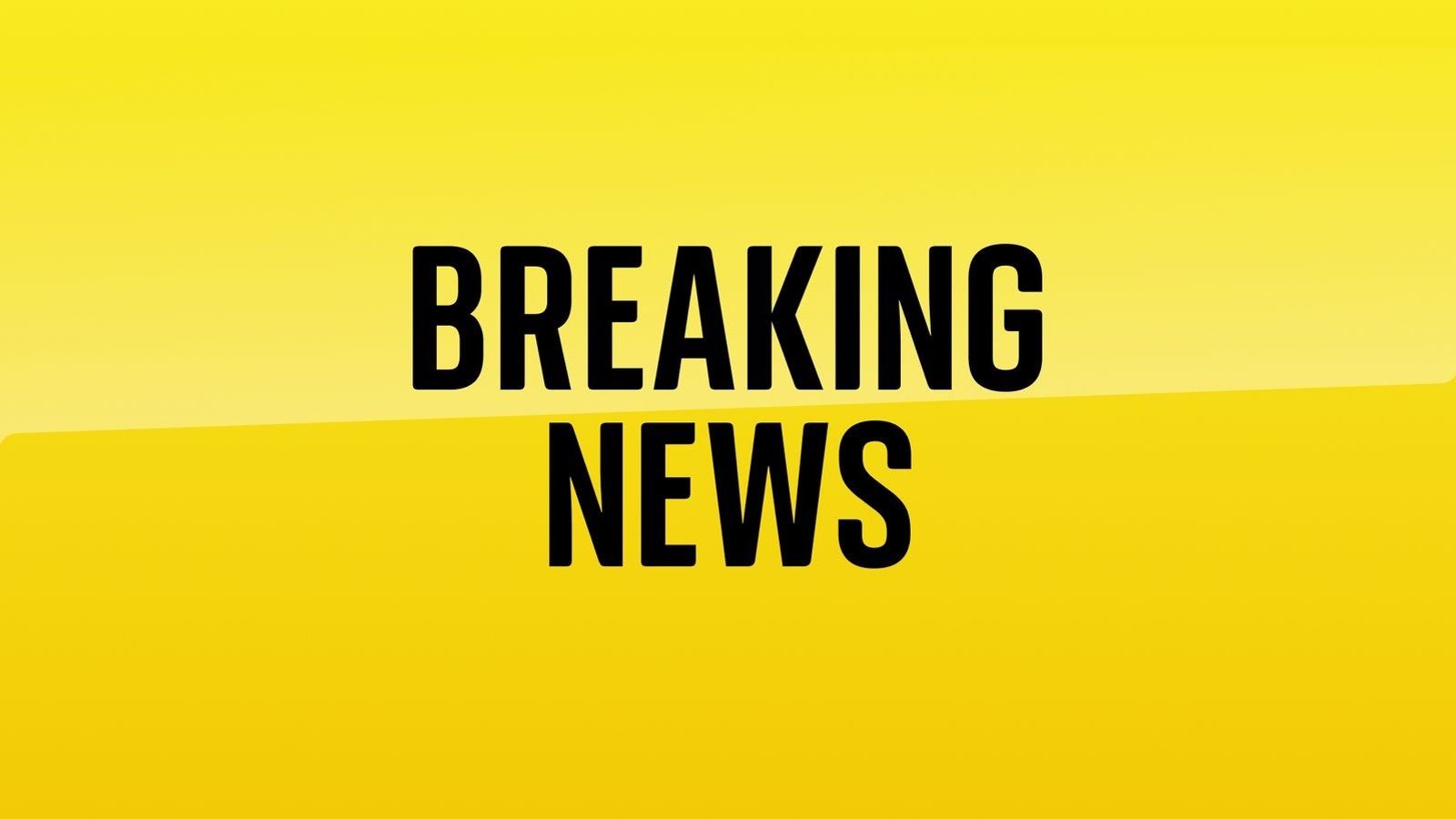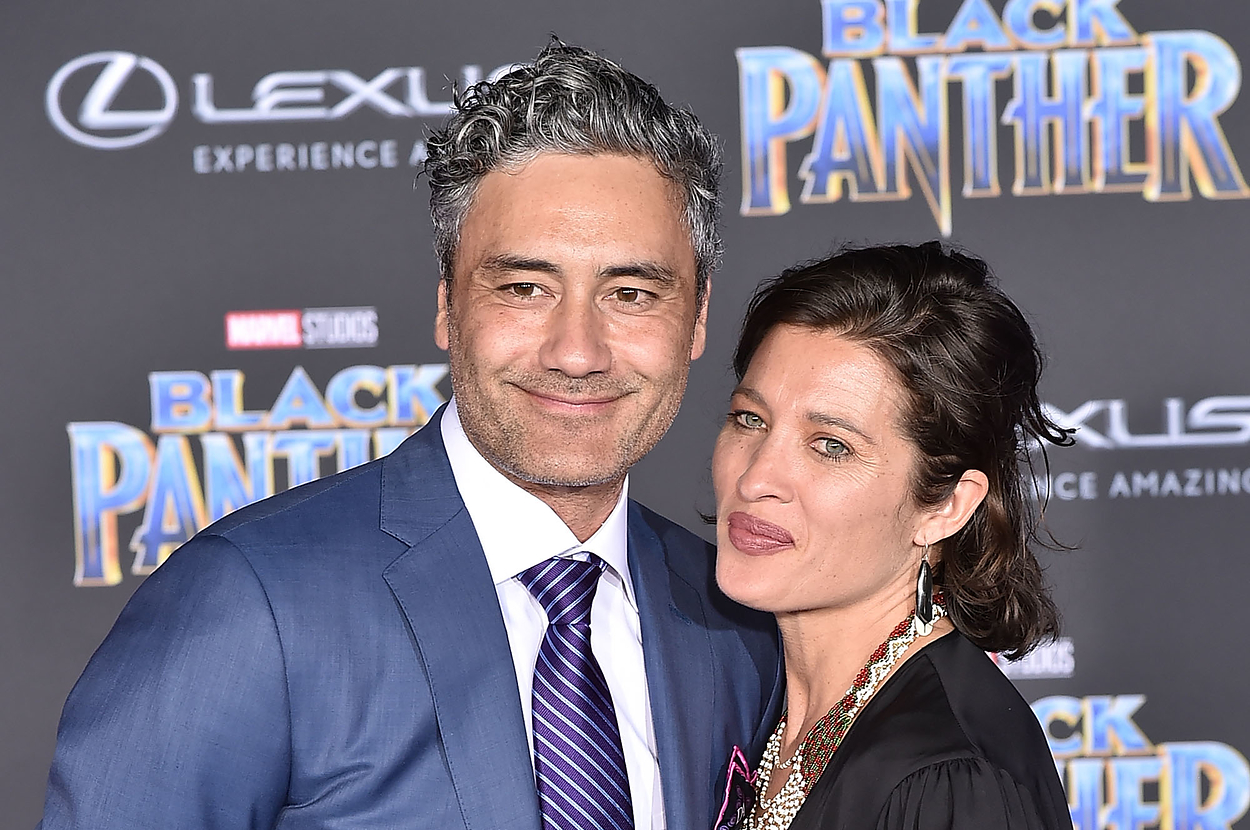Boris Johnson has said that “biological males should not be competing in female sporting events”.
Speaking to broadcasters on a hospital visit on Wednesday, the prime minister said of his view: “It just seems to me to be sensible.”
He continued: “I also happen to think that women should have spaces – whether it is in hospitals or prisons or changing rooms or wherever – which are dedicated to women.”
The PM added: “That doesn’t mean that I am not immensely sympathetic to people that want to change gender, to transition and it is vital that we give people the maximum possible love and support in making those decisions.”
It comes after transgender cyclist Emily Bridges was last week barred from competing in a women’s event after the sport’s governing body ruled she was not eligible.
Bridges, 21, who had been due to compete in a women’s event for the first time at the British National Omnium Championships, set a national junior men’s record over 25 miles in 2018 and began hormone therapy last year to reduce her testosterone levels.
Also this week, new guidance from the Equality and Human Rights Commission said that transgender people can be legitimately excluded from single-sex services – but only if the reasons are “justifiable and proportionate”.
Boris Johnson says ‘limit to amount of taxpayer’s money’ that can be used to help rising energy bills
Ukraine war: Boris Johnson speaks Russian as he addresses country’s citizens in video message
What is likely to be in the ‘Energy Security Strategy’?
The government’s watchdog said that the justification could be for reasons of privacy, decency, to prevent trauma or to ensure health and safety.
The prime minister made clear that his government “will have a ban on gay conversion therapy”, but added that there are “complexities and sensitivities when you move from the area of sexuality to the question of gender”.
Meanwhile, Labour leader Sir Keir Starmer told broadcasters that “conversion therapy in all forms should be banned” and that the government must “stick to its promises”.
In 2015, the International Olympic Committee (IOC) changed its rules allowing transgender athletes to compete as a woman if their testosterone levels are below a certain threshold – ten nanomoles per litre for at least 12 months before the competition.
In 2019, World Athletics lowered the maximum level to five nanomoles per litre.
Testosterone is a hormone that increases muscle mass.
But some critics say, even if a transgender athlete’s testosterone levels are below the threshold, it is still unfair for them to compete against female-born athletes.
They have pointed to the biological advantages of those who have gone through puberty as males which include increased muscle density.






